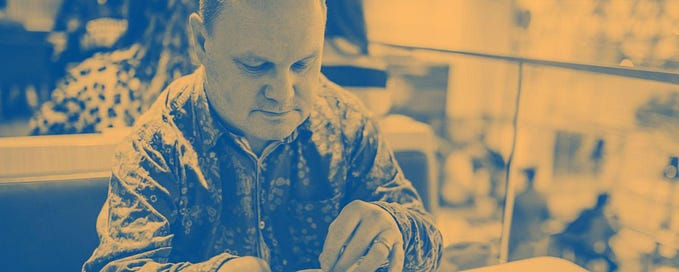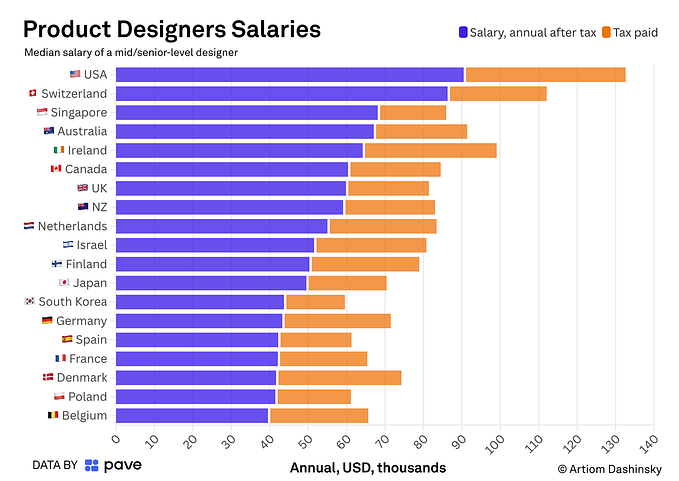Why good decision making means understanding people as well as data
How we’re trying an anthropological approach to help design the support we provide our network of local charities

Learning how to say anthropological
I’m a service designer for Citizens Advice, but in 2016 I went part-time to do a degree in Anthropology. I was interested in what the study of culture could teach me about designing truly user centred services. Also, how I could make the academic stuff relevant in real world contexts. The course was challenging, but in a good way. Once I’d mastered how to say ‘anthropological’ there was no holding me back.
Now I’m finding ways to apply Anthropology to Citizens Advice. I’m in the team who are re-imagining the support national Citizens Advice provides our network of local charities. At the front-line, Citizens Advice offers free and confidential advice to the public.
Behind the scenes, the national organisation supports this work with a suite of digital platforms and expert help. We support things like advice giving, operational delivery and governance management.
We need to ensure our limited resources are helping people in the best way possible and improve how we meet the needs of our staff and volunteers.
Going beyond evidence based decisions
To improve how we meet people’s needs we’re using more data and evidence to drive decision making.
This is important when designing services because it stops changes happening based on a few people’s assumptions. Instead they can be based on the reality on the ground. For example, data we are starting to collect on support requests allows us to focus improvements in areas where we know people need the most help.
However, becoming an anthropologist has taught me a data-led understanding is not enough to make the best decisions. You also need empathy and contextual understanding.
Data is great for knowing the state of play. But it doesn’t always tell you why things are that way and how people feel about it. This means that facts and figures can’t always tell you what changes you need to make and how to bring people along on the journey.
Anthropologists build their understanding differently. They learn about culture by spending time with people in a relatively unstructured way. It’s not just about gathering evidence through surveys, focus groups and interview questions. Instead it’s about taking time to experience the world through another’s eyes and stepping back to think about the whole picture.
Taking the first step
The first step we took to being more anthropological is to have 12 members of the team experience a ‘day-in-the-life’ with someone at a local Citizens Advice. We covered 8 out of 10 regions across England and Wales.
We spent time with advice session supervisors, advisers, chief officers, receptionists and others. Everyone taking part was given a guide to help them apply concepts from anthropology — things like staying in an open mode, identifying bias and using reflective thinking. As a team we got together after the visits, presented back our findings and developed insights and questions.
What we learned has fed into our more structured research that we’ve done with service users and local Citizens Advice. At the same time this first round of visits has given the wider team a chance to deepen their understanding and empathy. It’s helped us in 3 ways. It’s incentivised us to work harder, opened up new communication channels between our team and local Citizens Advice, and taught us about frontline delivery.
There’s no shortcut to empathising with who you’re designing for. We can’t know fully the value of this approach until we’ve started to apply what we’re learning. But it feels like the right thing to do so we’re going to do more of it. We’ll be sure to keep you posted on what we learn and update you on progress.
Get in touch if you are interested in hearing more, or if you have some anthropological ideas of your own.









